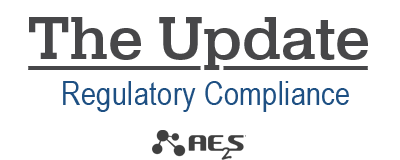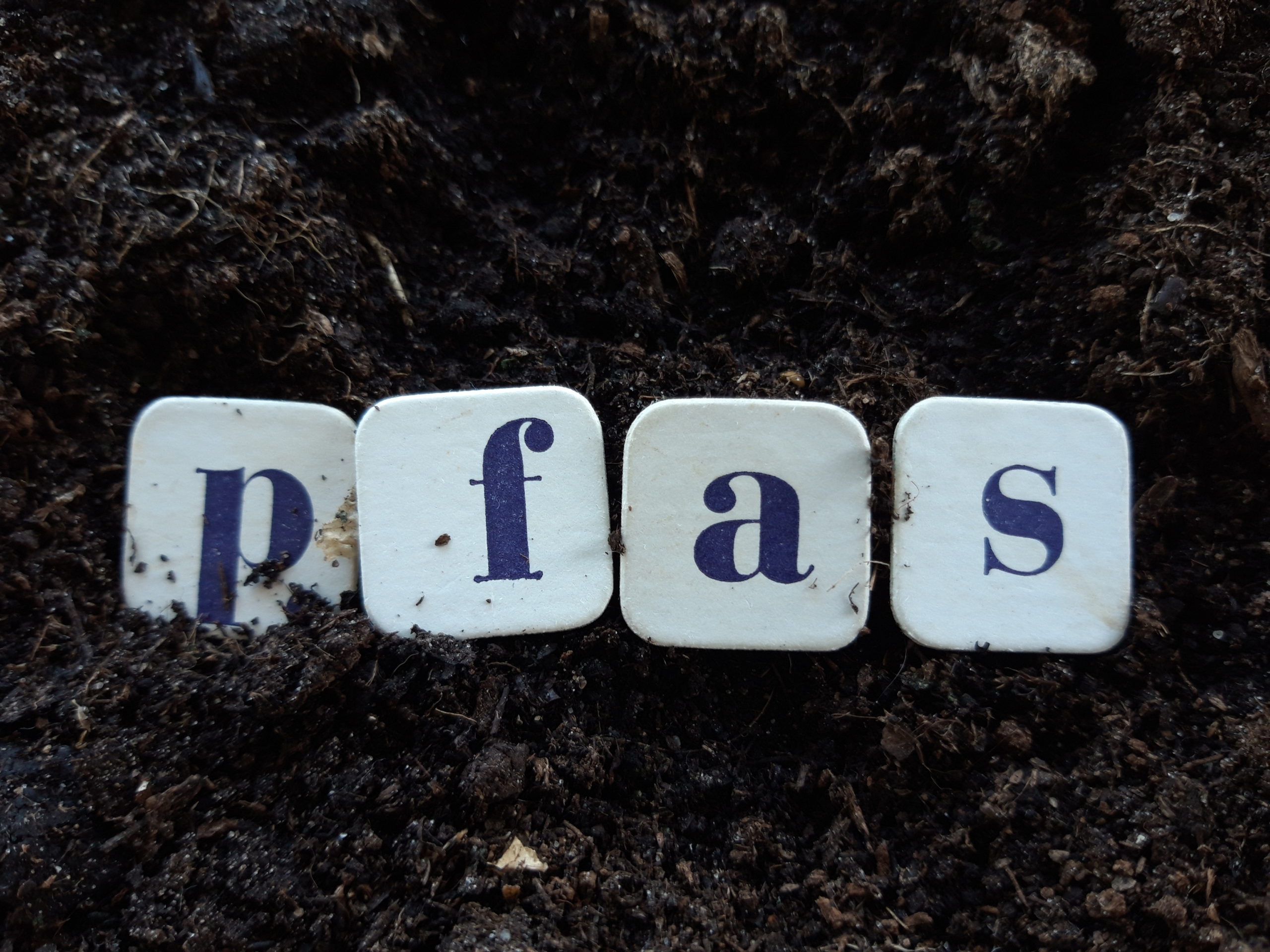The U.S. Environmental Protection Agency (USEPA) launched a new, no-cost technical assistance effort in November that is focused on reducing exposure to perfluoroalkyl and polyfluoroalkyl substances (PFAS) and other emerging contaminants. This initiative is part of the Water Technical Assistance (WaterTA) program and is focused on small or disadvantaged communities.
The Tackling Emerging Contaminants initiative will help eligible public drinking-water systems evaluate emerging contaminant issues, conduct initial water quality testing, and identify next steps in 200 small or disadvantaged communities over the next three years. USEPA will share best practices and amplify successes through case studies, fact sheets, webinars, and other resources to address emerging contaminants, including PFAS.
USEPA’s free water technical assistance initiatives help communities identify water challenges, develop plans, build capacity, and develop their application materials to access federal funding. The initiative includes diagnostic water quality sampling and analysis, source water assessment, preliminary treatment design and evaluations, as well as operational and sampling training. It also includes identifying solutions to address emerging contaminants and PFAS contamination, including community engagement and outreach support.
In April 2024, EPA issued the PFAS National Primary Drinking Water Regulation to protect communities from exposure to harmful PFAS, also known as “forever chemicals.” Communities can learn more about the Tackling Emerging Contaminants initiative, on the WaterTA website.

